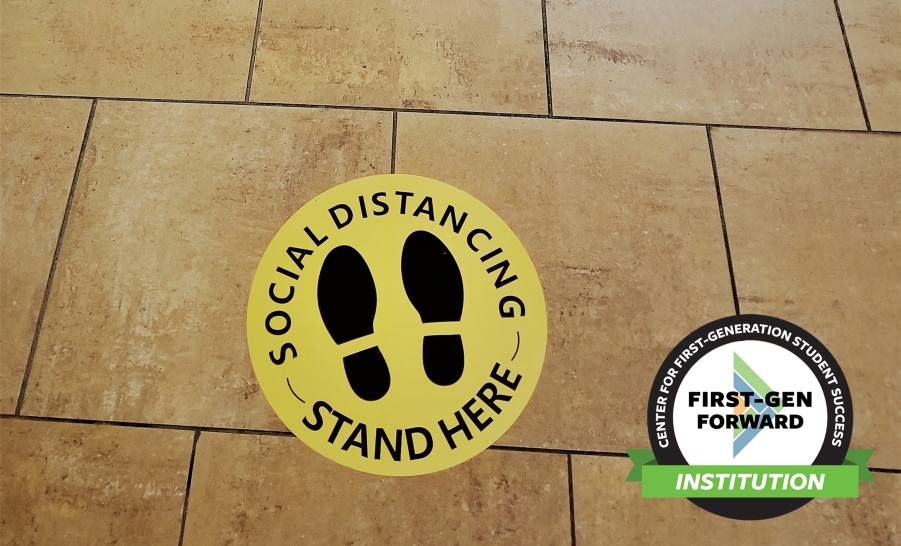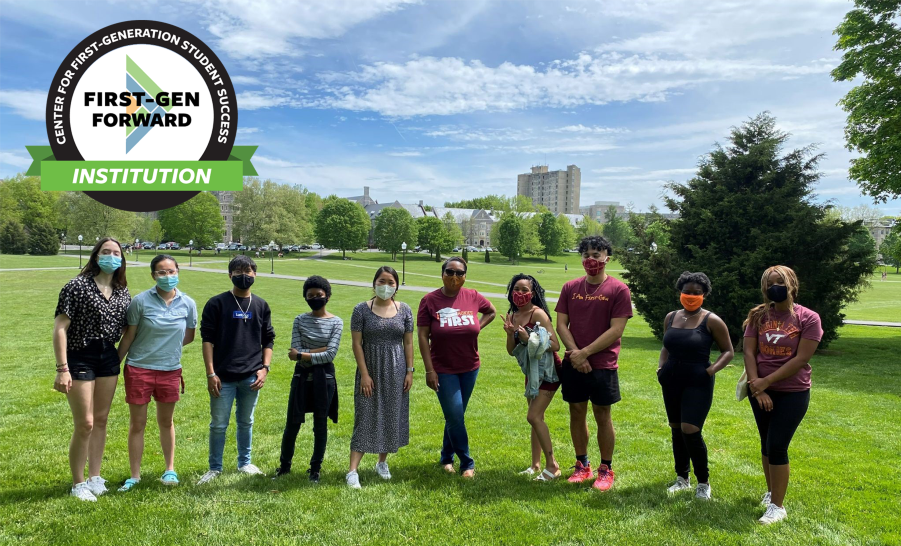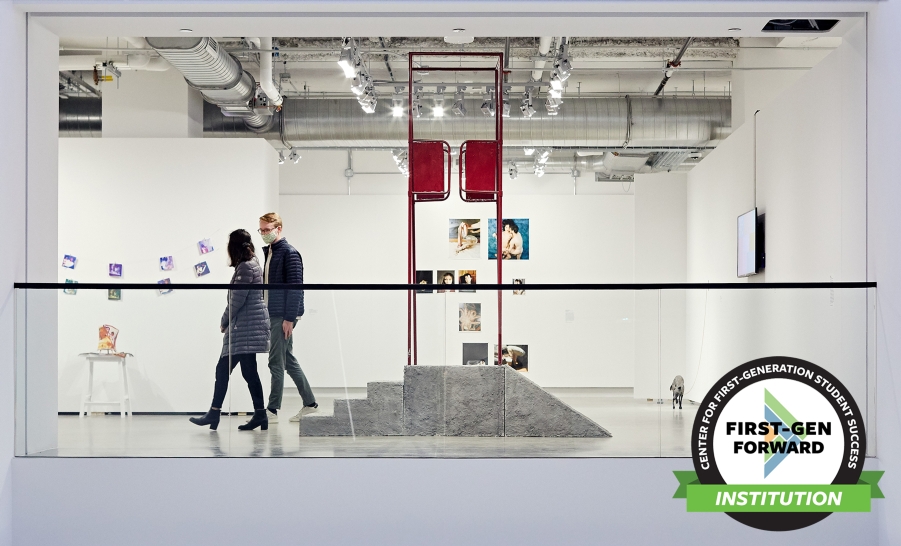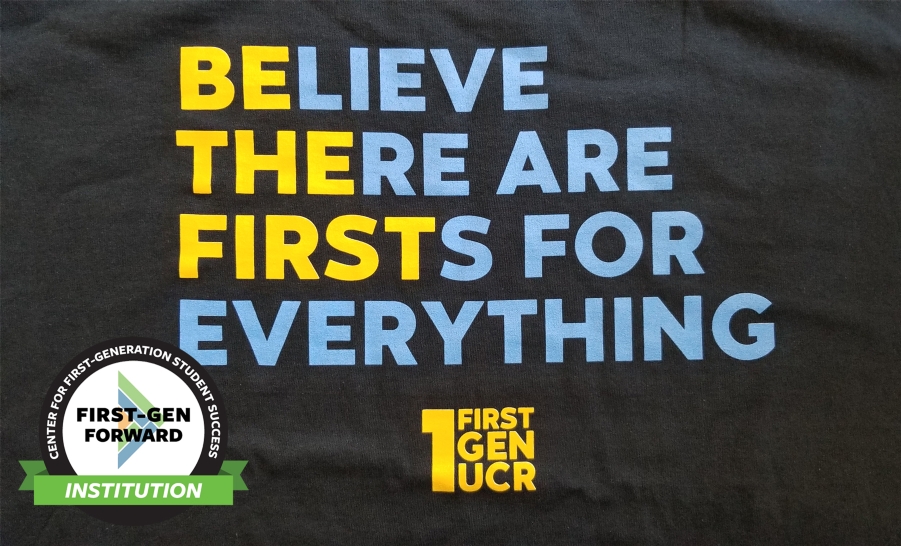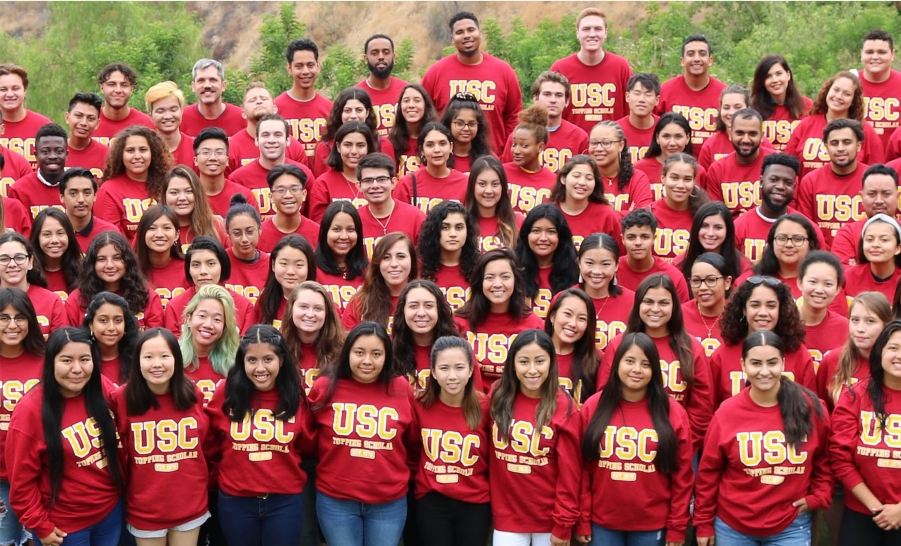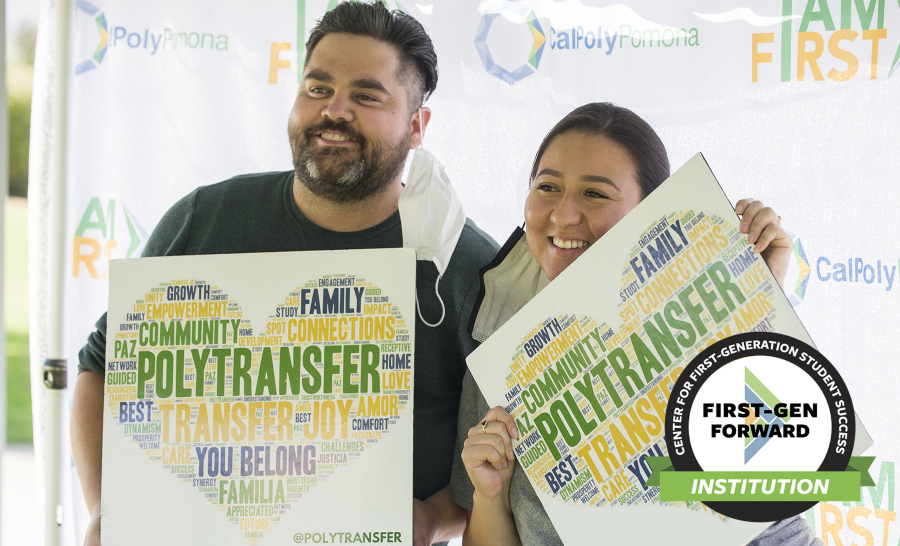Supporting First-Year, First-gen Students Remotely
Caleb Bae, Simmons University / FirstGen Forward / February 10, 2021
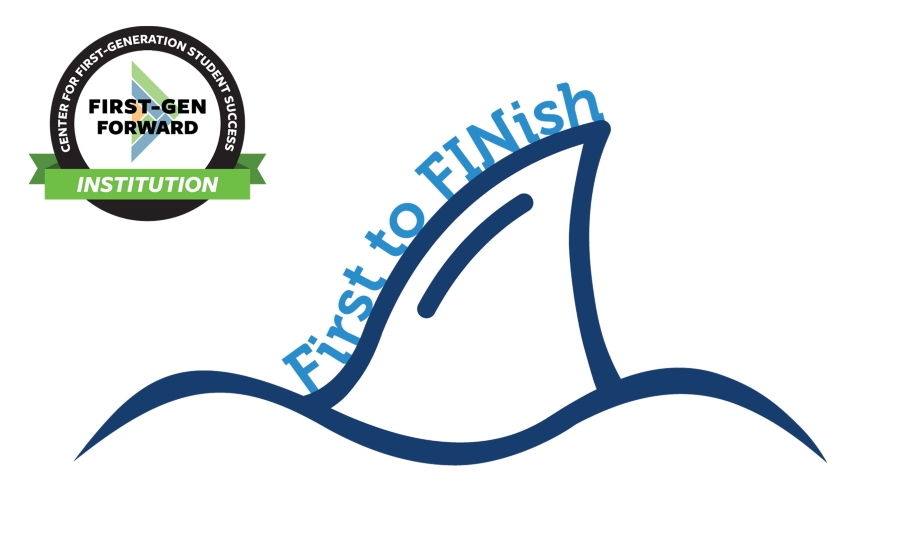
Simmons University has been remote since March 11, 2020. Like many other institutions, Simmons extended spring break and adjusted as quickly as possible to get through the remainder of the semester. While the pandemic continued to rage throughout the summer, Simmons made the call to remain completely virtual through the Fall semester and (eventually) the Spring semester. Zoom fatigue set in. There was a general sense of exhaustion and weariness among both students and staff. Student engagement kept dropping. Previously popular social events—stress-busting before finals, social hours, virtual dinners—were lucky to draw even a single student. How can an institution effectively support first-generation students from a distance when the students aren’t showing up?
One response was to adjust Simmons’ use of Starfish. Every first-year, first-generation student was given a new advisor in their support network—a first-generation support specialist. This served two purposes: If students weren’t sure whom to turn to, they would see this specialist listed as a support for them, and the support specialist would receive a weekly report of any flags that faculty and staff had raised for any of these students. The support specialist would review these flags and evaluate what would be most beneficial for that student. This new advisor role on these students’ accounts allowed for quick and early intervention if a student was missing class or behind on assignments. The support specialist would then reach out and schedule a meeting with the student, during which they would focus not only on the flag but also on why the flag was raised. What was the student’s home life like? Were they taking care of siblings? Were they working to help support their family? Digging into these questions then allowed for the specialist and student to work together and communicate with that student’s network to develop a plan for success.
There was also a noticeable shift in what events students attended. Students were not attending social events, but they were attending other events, like a study abroad information night. In previous years, these events would not be as well attended as a social event, so why were they so popular this year? My thought is that students want to look ahead to a return to campus and a sense of normalcy. Study abroad programs didn’t run this year, but students can look ahead and take comfort in this fall, next spring, and the next year. As we near the end of this academic year, with both us and our students weary and tired of Zoom, I want to remind them of what they have to hope for and look forward to—studying abroad, the joys of campus life, and even late night study sessions in the library.
With May 4 approaching (happy Star Wars day!), it seems fitting to end on the theme of hope. To the students, faculty, and staff reading this: may you find hope in what’s to come as we near the end of a burdensome and tiring year.
For more information on Simmons University’s approach, please visit their website here.
